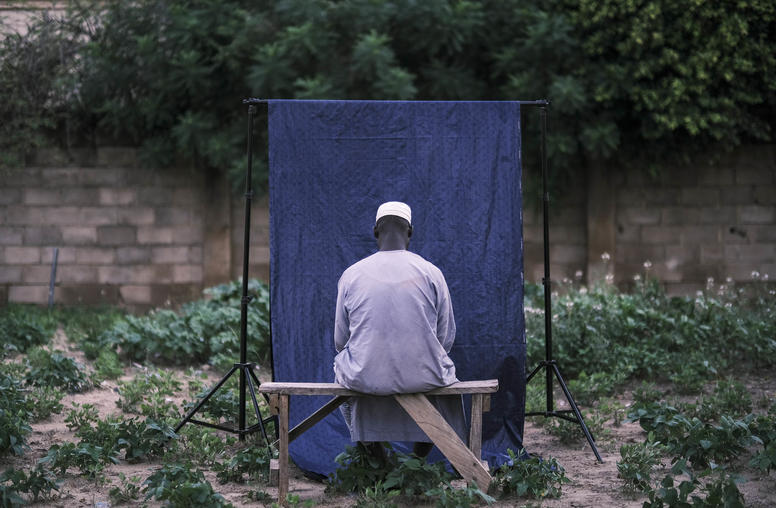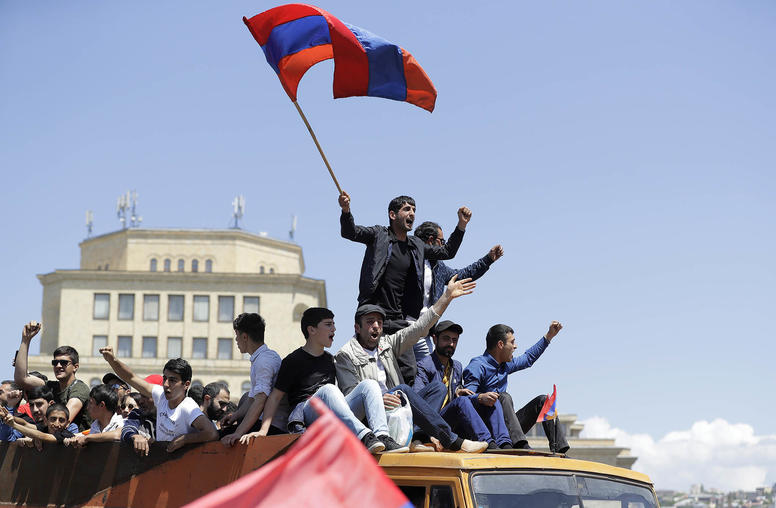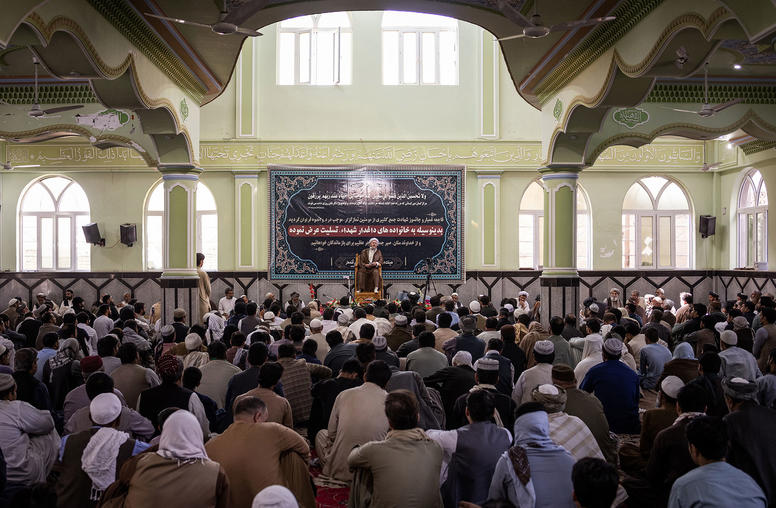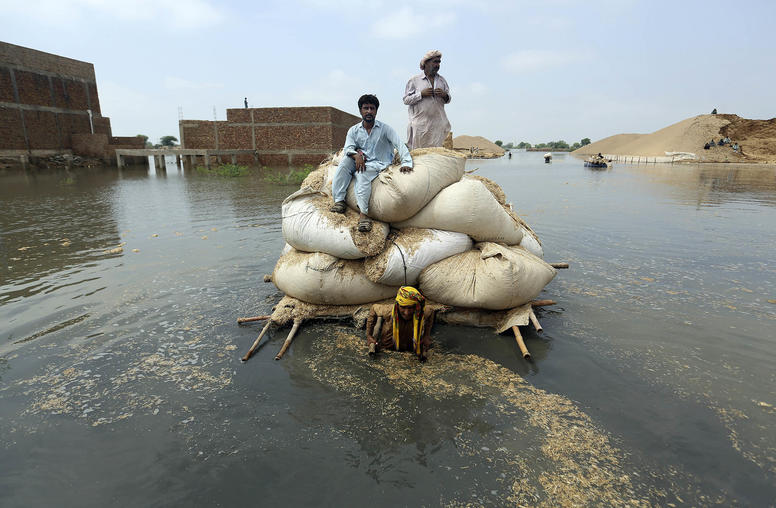Publications
Articles, publications, books, tools and multimedia features from the U.S. Institute of Peace provide the latest news, analysis, research findings, practitioner guides and reports, all related to the conflict zones and issues that are at the center of the Institute’s work to prevent and reduce violent conflict.

Brian Harding on Renewed U.S.-Philippines Ties
Philippine President Marcos’s visit to Washington has helped usher the U.S.-Philippines relationship into “a new renaissance,” says USIP’s Brian Harding. And with growing concerns over Beijing’s influence in the Pacific, “[Marcos] is making a bet that if he deepens this relationship … that is how he’s going to deter China.”

Tamanna Salikuddin on Imran Khan’s Arrest and Pakistan’s Political Crisis
After violent protests over his arrest, former Pakistani Prime Minister Imran Khan was released over the weekend. However, this latest political crisis isn’t going away soon, says USIP’s Tamanna Salikuddin: “What we’re headed to is a clash between the very powerful military and the very popular [Khan].”

Disengaging and Reintegrating Violent Extremists in Conflict Zones
Dealing with people who leave violent extremist groups has become one of the most pressing security issues of our time. Drawing on new primary research conducted by the author in Iraq, Syria, and Nigeria, and existing research on disengagement and reintegration, this report underscores the challenges of administering rehabilitation programs in conditions of chronic insecurity—and of doing so at a scale sufficient to make a difference to hundreds or even thousands of people in short order.

Carla Freeman on China’s Vision for a New Global Security Order
Chinese President Xi Jinping’s Global Security Initiative seeks to supplant the U.S.-led order, and it is gaining traction in the Global South. “There is a sense among developing countries that the international security order isn’t working that well for them,” says USIP’s Carla Freeman. “But none of these countries want to be forced to choose between the U.S. and China.”

Overcoming the Challenges of Transitional Mobilization
Nonviolent action can be a powerful way to bring about peaceful transitions from autocratic rule to democracy. But even when initially successful, movement leaders often face significant challenges, from frustrations that grievances are not addressed quickly enough to counterrevolutions aimed at restoring the authoritarian status quo. This report examines two recent transitions—the 2011 Jasmine Revolution in Tunisia and Armenia’s 2018 Velvet Revolution—and presents recommendations for improving the likelihood that change initiated through nonviolent action leads to robust and lasting democracy.

Mona Yacoubian on Arab Normalization with Syria’s Assad
Many Arab countries have concluded that President Bashar al-Assad is entrenched power and that they’ll need his cooperation to address challenges like refugees and the illicit drug trade. In Washington, there is no appetite to normalize with Assad. “I think ultimately what we see is just a fundamental tension between the need for accountability and fatigue in the region,” USIP’s Mona Yacoubian says.

The Growing Threat of the Islamic State in Afghanistan and South Asia
When the Taliban took control of Afghanistan in 2021, counterterrorism experts were alarmed at the possible resurgence of Islamist terrorist groups within the country. This Special Report lays out why those concerns, particularly about the regional Islamic State affiliate known as Islamic State Khorasan Province (ISKP), were well-founded. The report discusses the likely trajectory of ISKP’s activities in South Asia and recommends measures to minimize potential threats to the West and build regional resilience to extremism.
Tracking the Evolution of Conflict: Barometers for Interstate and Civil Conflict
This paper presents news ways to track violent conflict over time, providing conflict barometers for interstate and civil conflict, respectively. After critiquing previous efforts at measurement, the authors discuss general principles concerning the utility of conflict barometers. The interstate barometer is based on establishing a baseline for the relationship between a pair of states and then using the incidence and severity of militarized confrontations to track variations around those baselines. The resulting Interstate Conflict Severity Barometer (ICSB) is scaled from 0 (no violent conflict) to 1,000 (rivalry plus severe militarized confrontations) for 2,631 different state-state relationships over the period 1900–2015.

Keith Mines on the Crises in Venezuela and Haiti
While Haiti’s and Venezuela’s political, security and humanitarian situations remain dire, there are promising regional efforts underway to address both countries’ crises. While “the U.S. is looking for someone else to take the lead” on these situations, “there are things at play that are encouraging and at some point are going to need very tangible U.S. support,” says USIP’s Keith Mines.

Displaced to Cities: Conflict, Climate Change, and Rural-to-Urban Migration
Countries as geographically diverse as Honduras, Jordan, and Pakistan are experiencing a common challenge—rapid growth in urban populations as conflict and climate-induced disasters push people from rural areas into cities. This report examines the effects of this increased urban migration on both the migrants and the urban environment, as well as the challenges policymakers face. It offers recommendations to help meet the needs of growing urban populations and develop adaptive, resilient systems to better withstand the impacts of climate change and conflict.